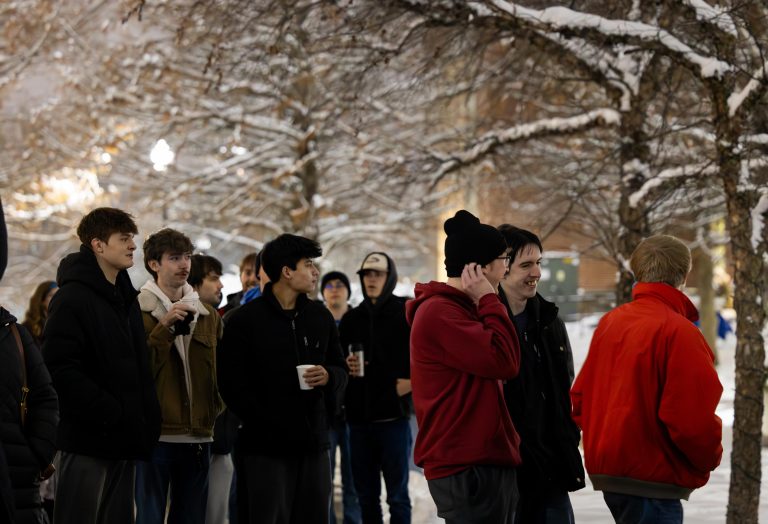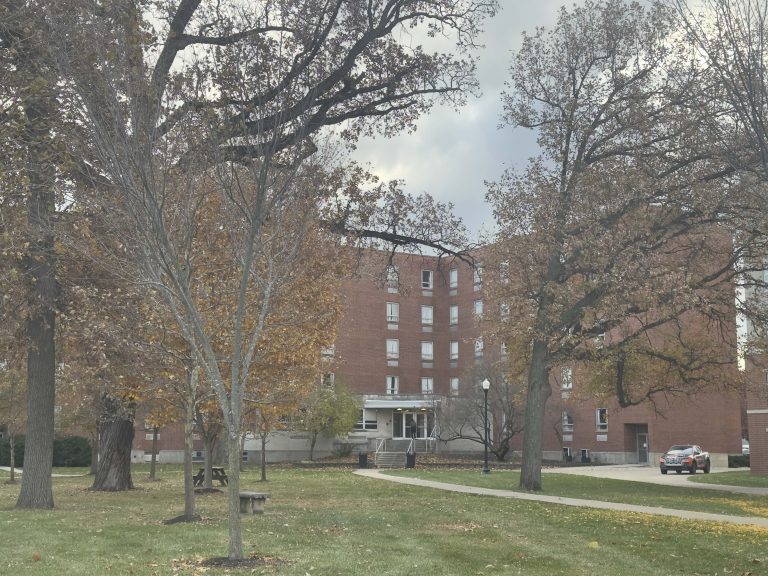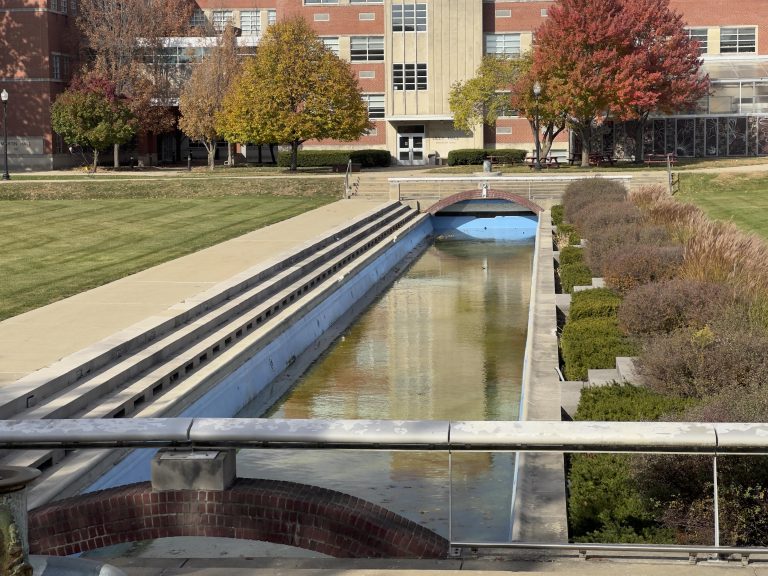Assistant Professor of History and Political Science at the University of Indianapolis Laura Merrifield Wilson discussed and explained the reasons why the polls were wrong in 2016, but also why they are still needed. The discussion held on Oct. 11, and was the third symposium for the Political Science department for the fall semester and took place in Good Hall.
Wilson began the lecture by explaining some background information and discussed the significant lack of political engagement this past election cycle. She explained that polls in 2016 were overwhelming, indicating that Hillary Clinton, the Democratic nominee for president, was favored to win. Clinton, however, lost the electoral college by 77 votes, leading to Republican nominee Donald Trump’s win.
Wilson said that polling had several major state-level errors. She specifically mentioned that states of Wisconsin, Florida and Pennsylvania. One conclusion that she drew from the state-level polling errors was that Democrats cannot rely on the “white working class” vote anymore.
Wilson went on to explain how the reliance on older methods led to inaccurate polling. She explained how polls rely on older methods, like landline phone surveys, for gathering data. With this method, according to Wilson, the number of people who chose not to respond was high.
Wilson also said that they idea of voting for the “lesser of two evils” led to a higher number of last minute voting decisions than expected. There were issues with skewed samples as well, according to Wilson. She said that most of the polls were skewed towards college educated respondents. According to Wilson, this led to the belief that the turnout would be low in some cases, when in actuality the turnout was high.
Halfway through her presentation, Wilson began to focus on the reasons why polling is still needed. She started off this part of her talk by stating that polling alternatives are problematic. She also said that polls do have the benefit of probability. Polls also tend to have a high likelihood of accuracy and to get better with each election cycle, according to Wilson. At the end of her lecture, Wilson said that voters should hold polls to a high standard and to trust that polls will improve their skill.
Freshman Political Science major Keagan Prentice said that his favorite part of Wilson’s lecture was the statistics that she mentioned.
“[The statistics were about] how uneducated Americans are about politics or other facts. Things that we see as simple common knowledge that Americans don’t know,” Prentice said.
Wilson said she believes that polling is very important and also emphasized that although she understands that people have lost faith in polling because of the inaccuracy of polls during the last election, that one shouldn’t immediately discount them.
“[The loss of faith is] completely valid, but to discount the entire apparatus of public opinion and the ways that we gauge, really the viewpoints of the aggregate to say like: ‘Oh, polls just don’t mean anything anymore. I think that’d be shortsighted,’” said Wilson.
Wilson also said that that mindset could make understanding behavior when it comes to politics more challenging. Wilson went on to say that although polls were wrong this election, they can be improved before the next one.
“So, polls were wrong,” Wilson said. “We’ve analyzed them, we’ve figured out ways to improve them and we have another election coming up, so I’m pretty confident that they’ll be able to make those adjustments [to polls].”






